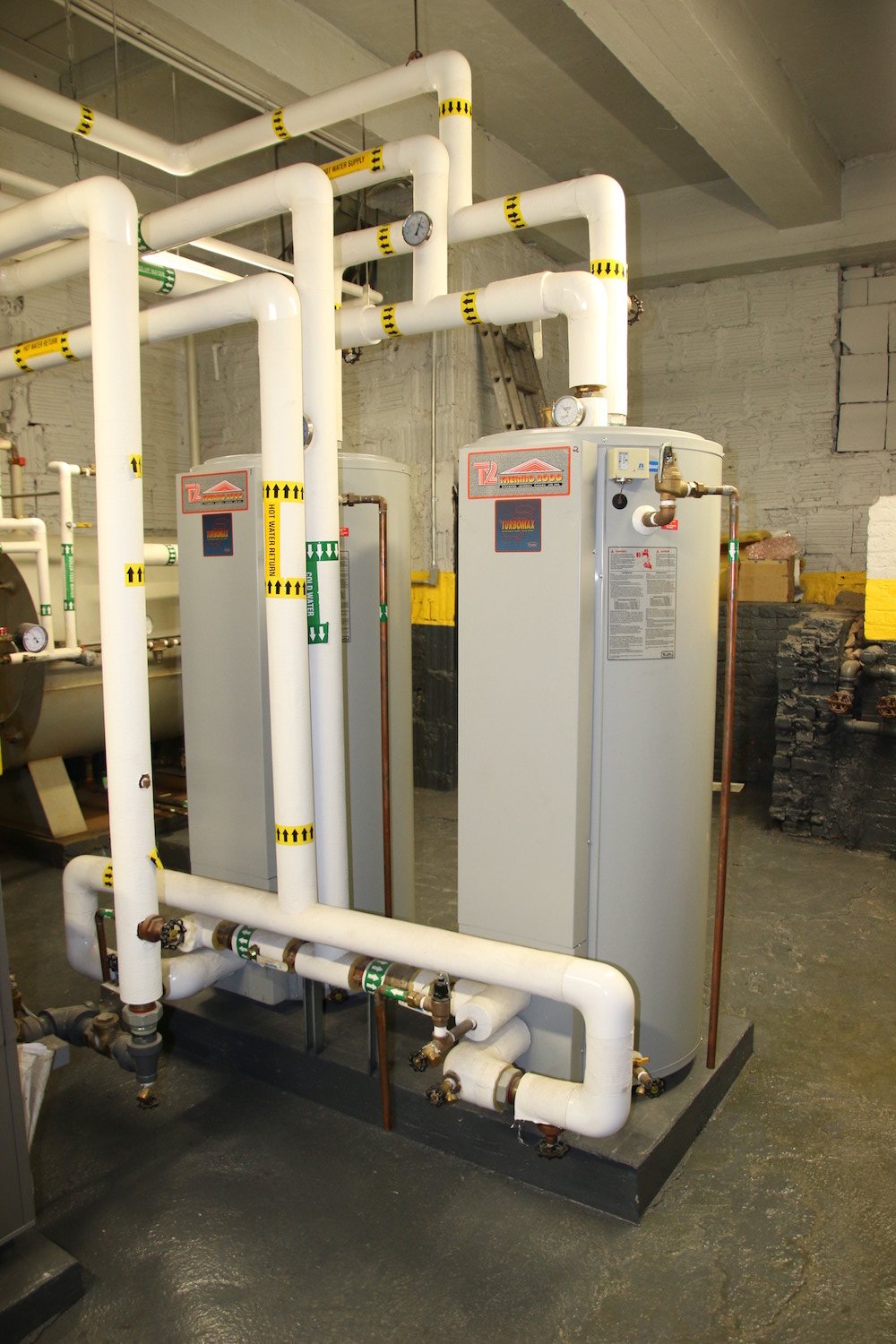Table of Content
Natural gas is the most common choice in many urban areas since it’s available at the street, and gas furnaces and boilers require little maintenance. Natural gas is often the top choice for home heating in urban areas, but the answer frequently comes down to money if you can choose between fuel types. Read on to learn the benefits and cost breakdown for heating with both propane and oil. If you sign up for automatic delivery, SMO Energy will monitor your tank’s oil level for you and send out a delivery driver to fill it up when necessary.

Instead, the heat from the burning oil travels into a circulator or heat exchanger. There, the heat comes into contact with either air or water depending on the type of system. Systems that use air pull cold air from the house into the heat exchanger. Systems that use water circulate water through the house through a system of pipes. The warmed air travels through ducts to various areas of the house, while the heated water travels through pipes to baseboards or radiators throughout the house.
New Grant for Heat Pumps announced in Canada - the Oil to Heat Pump…
Also called LPG or Liquified Petroleum Gas, propane is a byproduct of natural gas distillation. Propane is liquified under pressure and stored in tanks for home heating systems and other uses such as grills. Propane has also been modified with a scent to improve its safety. Natural gas boilers are as efficient, if not more so, than furnaces . Electric boilers are uncommon in homes (at least in the U.S), and so are boilers that run on oil, even though you can still get them.

This measurement, which is a percentage rate, tells you how much of the energy that the system consumes is going directly toward heating your home versus how much is going to waste. In other words, it lets you know how much energy the system is converting into usable heat. An energy specialist will offer potential costs for the company to complete necessary work. They’ll also provide a timeline and guide you on rebates from the state. The U.S. Energy Information Administration identifies the cost of crude oil as a “major component of the price of heating oil.” The global marketplace demand for crude oil determines the cost.
Is Heating a Home With Oil Bad for Your Health?
Most of what you need to do to stay warm is remember to pay the gas bill. Natural gas’s cousin, propane, is the king of fuels in rural areas. Delivered by truck to above- or below-ground storage tanks, propane-fueled appliances are also low-maintenance. Oil heat helps you maintain a comfortable and cozy home, even when the temperatures fall below freezing.
The environmental benefits are a great reason to invest in an oil heater system. Not only are they more cost-effective and last a long time, but you are helping the environment as well because it releases almost no smoke or debris into the air. Heat pumps cost more to install than traditional furnaces but usually cost less to operate over the long run. Research shows they are healthier than sources that rely on combustion, which can contribute to asthma and other respiratory problems. Buildings are responsible for nearly a third of the state’s current carbon emissions.
Use of heating oil
The National Appliance Energy Conservation Act of 1987 mandated that all furnaces offer a minimum 78% efficiency rating beginning in 1992. Comparatively, modern furnaces can achieve efficiencies as high as 97%, which means nearly all of your burned heating oil is used to warm your home. If you discover a number of options when you search “heating oil prices near me,” you’re in a good position as a homeowner. The number of local suppliers will cause oil prices to vary by region. Heating oil is normally used in a ‘wet’ heating system, where an oil-fired boiler heats water, then provides central heating via radiators and hot water to the taps in your home.
Learn more about the benefits and drawbacks of oil heat, as well as what your options are for using it. Modern oil heating systems are more efficient and economical than natural gas or electric heating systems. How much you can save on your utility bill varies by region and usage, but you could see savings of around 5%. These heating systems also last longer, which means you won’t need to pay to replace them as often. In fact, an oil heating system can last up to 30 years, while other systems need to be replaced every 10 to 15 years.
Oil-fired furnaces and boilers are a popular choice in areas of the country with limited access to natural gas, such as the Northeast. Oil-fired furnaces and boilers present an opportunity to use renewable fuels to heat your home. A number of companies are now offering heating oil blended with biodiesel, allowing their customers to reduce their dependence on foreign oil while drawing on a domestic energy source. The biodiesel blends also produce less pollution than pure heating oil. We offer the most competitive heating oil prices in the region, and our deliveries are always completed in a timely and efficient manner. We offer many different delivery plans and financing options so that you can customize your heating oil deliveries to fit your needs.
In New York State, conventional heating and cooling systems (furnaces, boilers, central/window ACs, etc.) are responsible for 37 percent of energy consumption and 32 percent of greenhouse gas emissions. There are a lot of things that homeowners can do to improve the energy efficiency of their properties including scheduling yearly HVAC tune-up service and having programmable, smart thermostats installed. However, nothing will have as great an impact than investing in modern, energy-efficient heating equipment. Get the above-mentioned benefits and more by making this upgrade now. Speak with a trusted HVAC company in your area to get help finding the right model and to learn more about your available options in financing.
So thank you Quebec for being pioneers in Canada by legislating and banning oil heating systems. Even if the Quebec government didn't specifically mention natural gas or propane in this ban, those heat sources both very clearly fall under the umbrella of fossil fuel heating. Burning natural gas also emits carbon monoxide, nitrogen oxides , and sulfur dioxide , along with methane, another potent greenhouse gas. Many of these characteristics are shared with oil fired heating systems, which is why this oil furnace ban in Quebec is a step in the right direction to find cleaner ways to heat our homes. Adopted on November 17, 2021 in Quebec, the regulations for banning oil-fired heating furnaces heralds the beginning of the end of an era for heating homes with oil in Canada.
Oil, on the other hand, must be pumped to the oil burner, and the burner is relatively sensitive to wear and buildup of soot and carbon. Consequently, oil burners are more expensive initially and require more regular maintenance. Both oil and propane are sold by gallon, while natural gas is sold by the cubic foot. In the past, underground oil tanks were standard, but because of the contamination caused by leaky tanks, it isn’t easy to get a mortgage for a house with an underground tank.
But remember, an energy-efficient furnace alone will not have as great an impact on your energy bills as using thewhole-house approach. By combining proper equipment maintenance and upgrades with recommended insulation, air sealing, and thermostat settings, you can save about 30% on your energy bill while reducing environmental emissions. Energy Kinetics boilers are able to achieve the best efficiency and highest output through the implementation of a smart control that monitors and anticipates heat and hot water loads. This “brain” actively makes decisions to optimize the interaction between a low mass boiler and a high performance tank with a hot water plate heat exchanger to deliver superior results. The implementation of this plate heat exchanger is just one example of an Energy Kinetics’ innovation, and this alone can cut up to 10% off fuel bills when you upgrade from an indirect tank with a coil. Many boilers and furnaces in today's homes are oversized, particularly if you've upgraded the envelope of your home with new windows and added insulation.



No comments:
Post a Comment